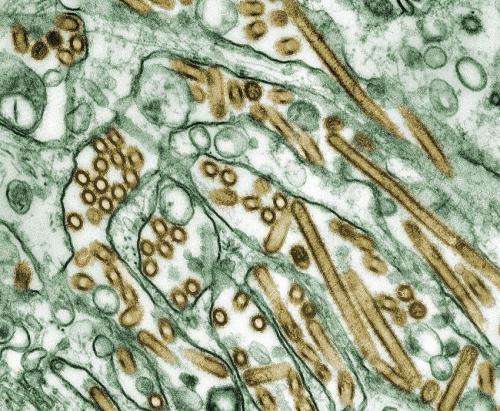New Guidelines Emphasize the Role of Quality of Life Assessments in Advanced Cancer Care

A new policy review in The Lancet Oncology highlights the critical role of health-related quality of life assessments in advanced cancer clinical trials, promoting patient-centered outcomes and standardized reporting for better care.
A recently published policy review in The Lancet Oncology underscores the vital importance of integrating health-related quality of life (HRQoL) measures into the evaluation of treatments for patients with advanced cancer. Led by Ian Tannock and Madeline Pe, along with an international panel of oncologists, statisticians, and patient-reported outcome (PRO) specialists from organizations such as the European Organization for Research and Treatment of Cancer (EORTC) and Common Sense Oncology (CSO), the review advocates for a shift towards more patient-centered clinical trial practices.
This comprehensive publication emphasizes that alongside traditional endpoints like overall survival, HRQoL should be a key secondary outcome in clinical research. It stresses the necessity of standardizing responder criteria to better evaluate the extent of improvement or deterioration in patients' quality of life, making the results more meaningful for both clinicians and patients. The review advocates for defining HRQoL as a multi-dimensional measure that includes assessment of symptoms, functioning domains (such as physical, social, and role functioning), and overall HRQoL scores to capture the net clinical benefits or harms of therapies.
Involving patients in the design of clinical trials is another crucial recommendation, ensuring that the outcomes measured align with what matters most to those affected by the disease. Additionally, the review calls for transparent reporting of HRQoL data in main trial publications, including the proportion of patients experiencing significant improvements.
Prof. Ian F. Tannock emphasizes that understanding how treatments affect day-to-day life, not just survival, is fundamental to improving patient care. Dr. Madeline Pe highlights that clear communication of HRQoL outcomes will support shared decision-making between patients and healthcare providers. The EORTC, under the leadership of Prof. Winette van der Graaf, aims to foster global collaboration to advance cancer research and enhance both survival and quality of life for patients facing metastatic or unresectable cancers.
This policy review marks a significant step towards more holistic cancer treatment evaluation, prioritizing patient well-being alongside clinical efficacy.
Source: https://medicalxpress.com/news/2025-09-policy-highlights-importance-health-quality.html
Stay Updated with Mia's Feed
Get the latest health & wellness insights delivered straight to your inbox.
Related Articles
Genetic Factors May Delay Diabetes Diagnosis in Black and Asian Men
A genetic condition called G6PD deficiency can delay diabetes diagnosis in Black and South Asian men by affecting blood test accuracy, increasing their risk of complications. Research calls for improved screening practices to address health disparities.
Cochrane Review Confirms RSV Vaccines Are Safe and Highly Effective
A new Cochrane review confirms that RSV vaccines are safe and highly effective in protecting infants and older adults from severe respiratory illnesses, showing significant reductions in disease and hospitalization rates.
End of Bird Flu Emergency Response in the US as Infections Decline
The US has ended its emergency response to the bird flu outbreak as infections decline, shifting towards routine surveillance and monitoring efforts amid concerns about potential virus mutations.



